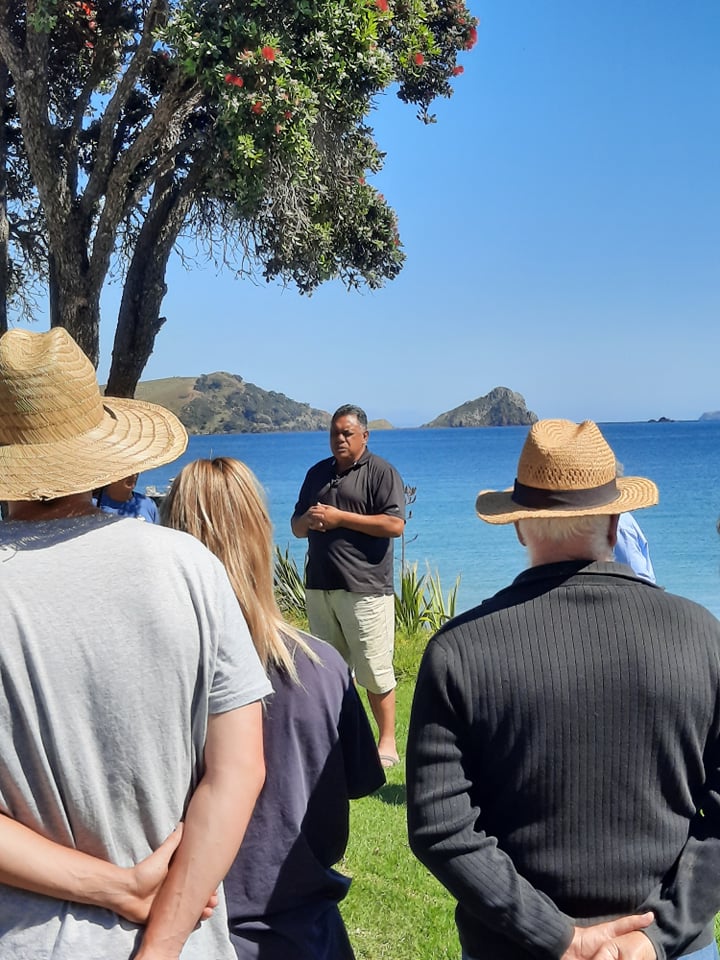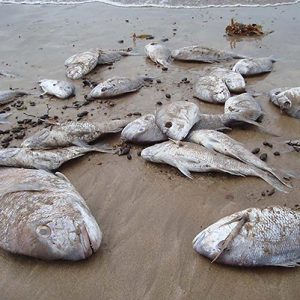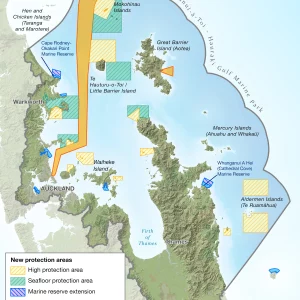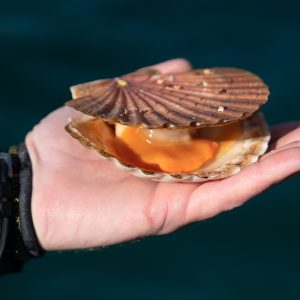People are a vital part of the marine ecosystem. We have the ability to influence changes in both positive and negative ways.
Conventional marine protection separates us from the environment, creating a disconnect between people and conservation efforts.
In contrast, traditional techniques acknowledge the power that comes with engaging communities and believe people are a part of the solution, not separate to it.
Ahu Moana is an iwi/hapū and community-led initiative that seeks workable solutions to local problems, where people are empowered to drive transformative change. By combining local knowledge and scientific data, Ahu Moana can be used to create a tailored solution for an area.
By 2020 the depletion of Coromandel scallop beds around Opito Bay, attributed to destructive fishing methods and mismanagement, became an increasing concern for locals. When Fisheries New Zealand (FNZ) officials continued to overlook this concern, a community-driven solution seemed necessary.
Alongside the support of the Opito Bay community, Ngāti Hei took matters into their hands by laying a rāhui on their entire rohe moana. This encouraged people to stop harvesting scallops, allowing the scallop beds to recover.
This prompt response was only possible because these communities came together, united by a common goal – ensuring a healthy, functional marine environment for others to enjoy.
The rāhui and community-led Scallop Restoration Plan created significant pressure on officials to take action. Eventually FNZ commissioned a scallop survey which resulted in the Minister for Oceans and Fisheries closing the entire scallop fishery in March this year. Without the proactive stance of Ngāti Hei and the people of Coromandel, officials would have continued to turn a blind eye.
Ahu Moana acknowledges the interconnectedness between us and the ocean. It recognises that if people contribute to the problem, we must also hold the key to the solution. Effective marine protection doesn’t mean locking up areas and expecting them to flourish, it’s about active engagement.





